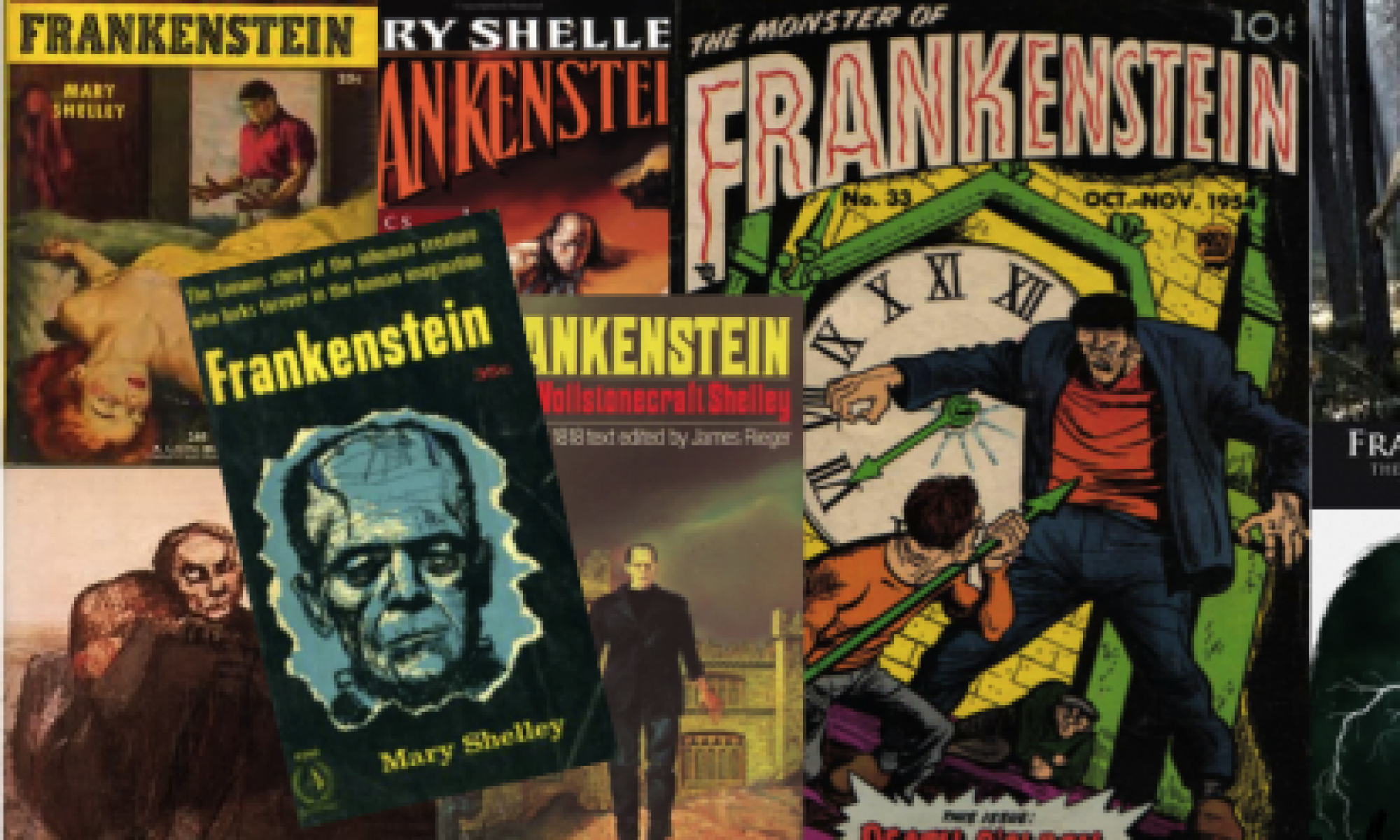Ever since Robinson Crusoe was made available to the public and during the time that we read Robinson Crusoe in class, some common questions have come up. “Is this story true?”, “Is this story religious,” etc. are all compelling questions one may have when reading this story. We concluded that the story was fictional; however, we did not come to a for sure conclusion whether or not the story is religious. I do not intend to focus on whether or not religiousness is found in Robinson Crusoe or the lack thereof; instead, I want to focus on the way that Robinson Crusoe was originally presented in terms of factuality and the effects of that.
We know that when this story was first published, it was advertised as a true account. We also know that Robinson Crusoe’s character was clearly religiously-oriented, as religion was mentioned throughout the story on numerous occasions. Crusoe sometimes found himself praying to God. Crusoe would plead to God and say “Lord look upon me, Lord pity me, Lord have mercy upon me”(119). He would also question God’s purpose of stranding him on the island and ask “Why has God done this to me? What have I done to be thus us’d?” (124). Crusoe seems to appreciate religion more as the story goes on and his relationship with God is rebirthed. While I think the use of religion is useful as it helps us understand who Robinson Crusoe is and why he behaves the way he does, I find a problem with the way the story credits God and religion for some miraculous or very unfortunate events that occur despite the story being made up. If this story was, in fact, true, some events could cause a non-believer to believe or make a believer believe even harder. I will discuss a few examples of those events later. I think the unauthentic use of religion is most problematic because it doesn’t seem fair to use Christianity’s name and image in order to, in short, tell lies. I will give three examples that showcase this reckless usage of God and religion in this false-truth story.
The first example is the time when barley magically grew from under a rock. In the book Robinson Crusoe says “after I saw Barley grow there, in a Climate which I know was not proper for Corn, and especially that I knew not how it came there, it startl’d me strangely, and I began to suggest that God had miraculously caus’d this Grain to grow without any Help of Seed sown, and that it was so directed purely for my Sustenance, on that wild miserable Place” (112). Crusoe immediately thought of this as a miracle from God. Crusoe was thankful for all the things God supposedly did for him and acknowledged a few times how circumstances could have been worse. I think attributing something that is false to be a work of God is bad and it is even worse when that something is intentionally being presented as factual.
Many times Crusoe considered his unfortunate situation as a punishment from God for disobeying his father. In those times many people thought that disobeying your parents was one of the worst things one could do and that bad things necessarily followed from such disobedience. In the past, it was more common for people to try to live in accordance with the Holy Bible in which disobedience was treated harshly, especially in the Old Testament. Today, however, Christians believe that the Old Testament was replaced by the New Testament. In other words, the law was replaced by grace through Jesus Christ and while disobeying your parents is bad, there is no clear correlation such disobedience and 28 year-long punishments from God. This constructed correlation is misleading and unfair in my opinion because, in the past, it could have easily been used as a scare tactic and an “example of what happens when you disobey your parents.” Because the story was presented as true, many people might have believed that obeying their parents was always necessary or God would punish them like he punished Robinson Crusoe. Or, people might have even thought that any mistake that they made would certainly have such an unfortunate consequence. Here the ends do not justify the means. While it is good to obey your parents, it isn’t right to use fear as a tool especially when the fear is rooted in a lie.
The final example I will consider is Robinson Crusoe’s dream that acted as foreshadowing or prophecy. In the dream, Crusoe said “I saw a Man descend from a great black Cloud in a bright Flame of Fire, and light upon the Ground… he spoke to me, or I heard a Voice so terrible… all that I can say, I understood, was this, “Seeing all these Things have not brought thee to Repentance, now thou shalt die”(120). Crusoe also dreamed about savages coming to the island and rescuing one of them. Although reality came to pass slightly different than the dream, the dream was strikingly similar and was clearly a foreshadowing event in the book. Because his dream came true, as we saw when he rescued Friday, a reader might have felt compelled to believe in God and also to believe in prophetic dreams. Today we know that all dreams don’t come true. In fact, I can’t recall a time where I have ever had such a prophetic dream. This story could influence people to believe in God but on the basis of untrue events.
